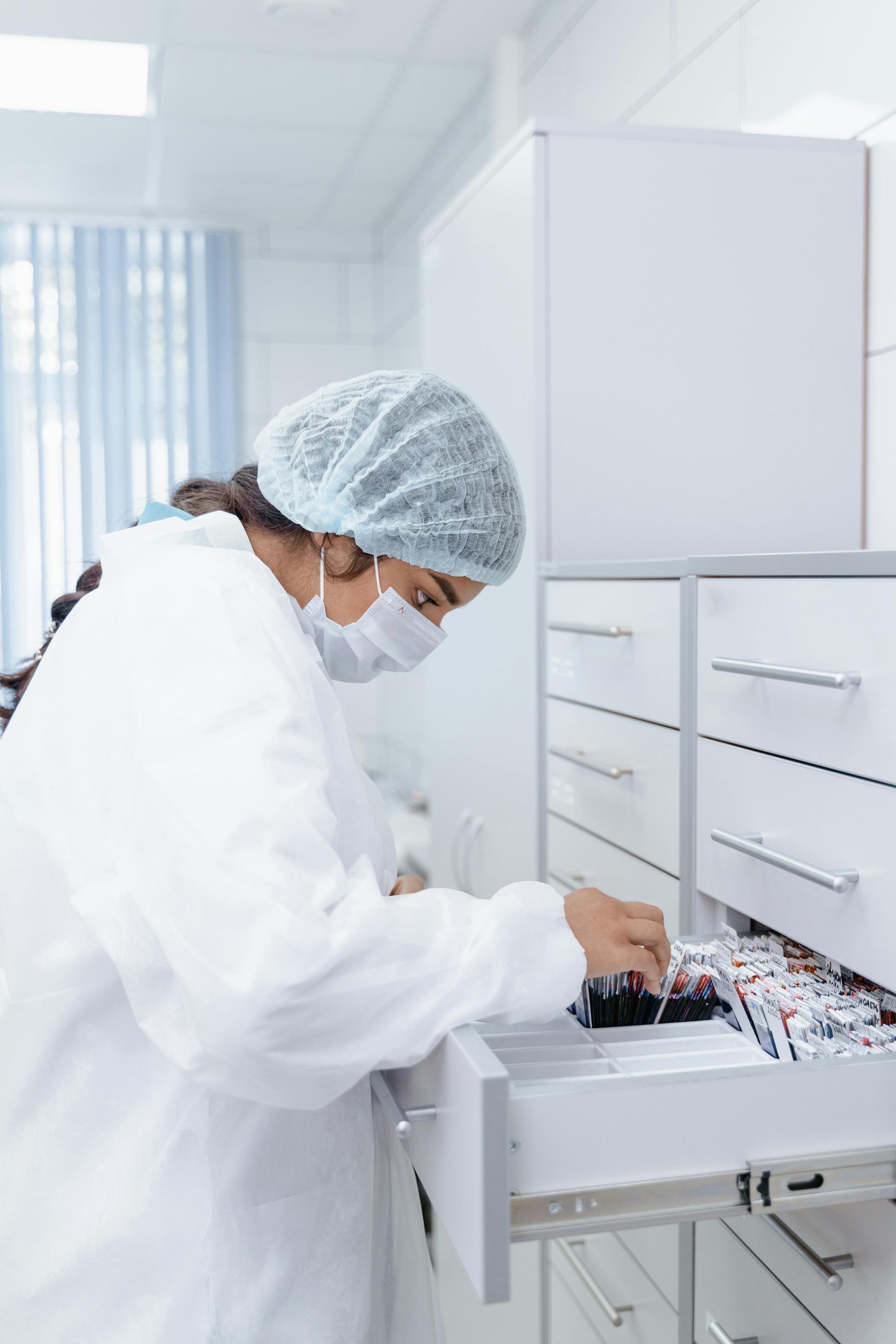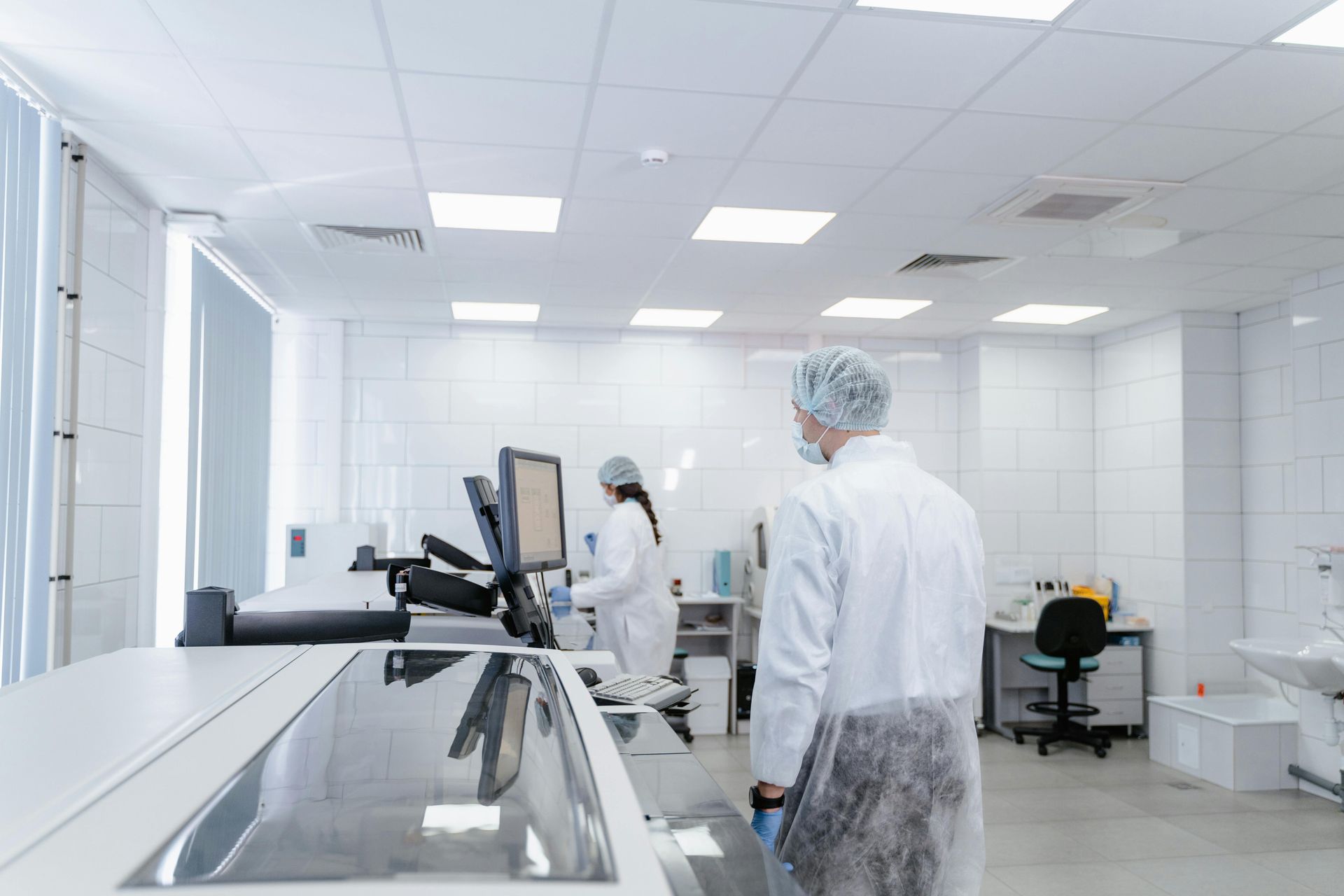How the CMDCA Has Changed the Medical Device Industry and Why Certification Matters
The International Organization for Standardization has been working to update the laws and regulations that govern the manufacturing of medical devices in both Europe and the U.S. For the first time since the early 2000s, the ISO 13485, or the standard that influences those laws and regulations, has been updated. The biggest change is that every manufacturer of medical devices is now required to perform internal audits to ensure that their regulatory systems are following the standard regulatory requirements.
What is a CMDCA?
A CMDCA is a Certified Medical Device Compliance Auditor, which is someone who ensures that manufacturers are performing these internal audits. This person is responsible for:
- Ensuring that companies are aligned with international regulatory requirements
- Managing supplier control processes
- Managing regulatory feedback
- Risk management
- Ensuring that verification, design, and validation requirements are met
- Assisting medical device personnel with regulatory procedures
- Maintaining compliance with EU and FDA regulations
These changes have been in place since 2016, so having an internal auditor that has been trained and certified is something that medical device and pharmaceutical companies must prioritize.
What Certification Provides
Certification to provide this internal audit allows an auditor to meet all the new requirements of the International Organization for Standardization’s updated ISO 13485. Companies that do not have a certified auditor to perform internal audits will face expensive delays when attempting to go through the regulatory process with the EU or the FDA.
What is the Certified Medical Device Compliance Auditor Program?
At CfPIE, the CMDCA program allows professionals in the regulatory field to gain their certification in internal auditing, according to the standards set in the ISO 13485. This course covers both standard auditing skills for those new to the field, as well as an in-depth course on Gap Assessments. The program is also tailored to each student to meet specific objectives based on the industry you work in or based on your specific educational goals.
This certification is made up of three separate courses, all of which are advanced skill-level courses. The first course is a Medical Device Auditing course that focuses specifically on the new changes to the ISO 13485. The second course is an ISO 19011 framework course in Medical Device Auditing. This covers the the 2011 changes to the ISO regulations. Finally, the last course is an overview of the FDA regulations for medical device compliance.
Why Certification Matters
For pharmaceutical companies or medical device companies, having a certified auditor to perform internal audits ensures that you will be in line with all current regulations, even as they change in the future. It also ensures that your production team has a go-to expert for regulatory requirements during the production process.
For auditors and regulatory professionals, having a certification gives you the opportunity to provide essential internal auditing for medical device and pharmaceutical companies. The CfPIE program for certification makes it easy to expand your resume and skill set.
Learn more about the CMDCA program and register online.
Blog Categories
Stay Informed



